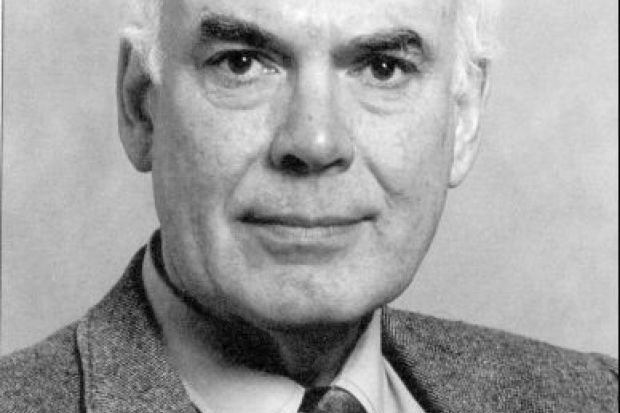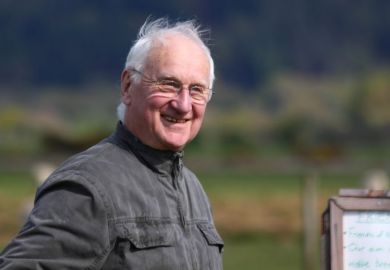A leading historian, best known for his many works on Russian history, has died.
Paul Dukes was born in Wallington, Surrey, in 1934. During his time at Peterhouse, University of Cambridge his main interest was American history and in 1954 he became a Fulbright travelling scholar at the University of Washington. However, it was during his period of national service (1956-58) that he developed his interest in Russian history, learning Russian at the Joint Services School for Languages in Crail, Fife.
He then taught American history at the University of Maryland in France and Germany, and began studying for a PhD in Russian history at the School of Slavonic and East European Studies, University of London in 1959. In 1964, he was appointed as a lecturer at the University of Aberdeen, where he remained for his entire career, apart from visiting positions at the University of Auckland (1974) and Cornell University (1988). During the 1990s, he directed the Centre for Russian, East and Central European Studies at Aberdeen, which became an important focal point for building links and collaborations with historians in post-Soviet Russia.
His many works not only covered Russian history but spanned a range of subjects, including Europe, the Anthropocene, Manchuria, the superpowers, and the long-standing connections between Scotland and Russia. They included his first book, Catherine the Great and the Russian Nobility (1967), an expanded version of his doctoral thesis; and his series of comparative studies of the US and Russia: The Emergence of the Super-Powers (1970), The Last Great Game: USA versus USSR (1989), and The Superpowers: A Short History (2000). Further works included Minutes to Midnight (2011), a study of the role of history and the Anthropocene era, Great Men in the Second World War: The Rise and Fall of the Big Three (2017) and Russia in Manchuria: a Problem of Empire, which he completed shortly before he died and will be published next year.
“Dukes helped to bring a wider comparative and global perspective to the understanding of Russian history, and this approach became a hallmark of his work,” explained Murray Frame, interim dean of humanities at the University of Dundee. “Throughout his works, Dukes insisted that history should be considered a scientific discipline which, if carefully handled, can help to tackle the world’s many problems,” Dr Frame said. He noted that Professor Dukes “wore his formidable knowledge lightly and always exuded a quiet modesty”.
Professor Dukes died on 25 August after a short illness. He is survived by his children, Daniel and Ruth, and his wife Cath.
Register to continue
Why register?
- Registration is free and only takes a moment
- Once registered, you can read 3 articles a month
- Sign up for our newsletter
Subscribe
Or subscribe for unlimited access to:
- Unlimited access to news, views, insights & reviews
- Digital editions
- Digital access to THE’s university and college rankings analysis
Already registered or a current subscriber?




